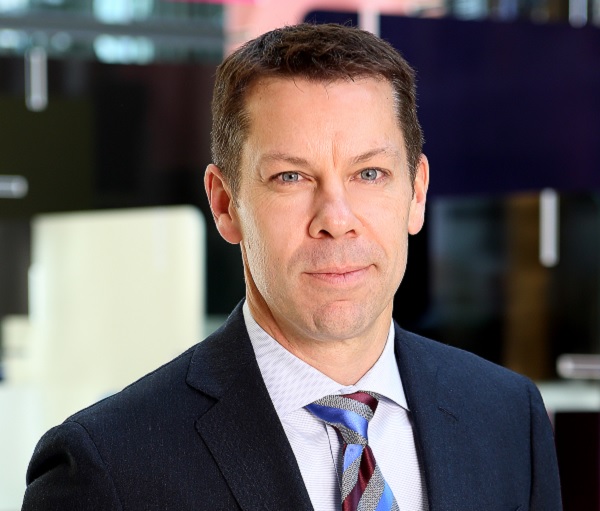
Unexpected political shocks such as the UK’s vote to leave the European Union and the election of Donald Trump as the 45th president of the United States are not denting the global growth of the asset management industry, according to speakers at PwC’s European Asset and Wealth Management conference at London’s ExCel conference and exhibition centre on 10 and 11 November.
Brexit, Donald Trump as US president - a sense of change is in the air
The more than 600 registered delegates heard that the industry continues to face challenges from the historic low level of interest rates, sluggish economic growth in Europe and other parts of the world, shifts in global investment patterns, especially toward passive funds and alternative investments, the often disruptive role played by new technology, and adapting to the vast volume of new regulation introduced over the 8 years since the global financial crisis.
Yet rather than being crimped, the asset management industry is growing faster than earlier predictions. PwC is now forecasting total industry assets under management of $112trn by 2020, compared with an estimate of $102trn a few years ago.
A year ago, no one was anticipating Brexit or Donald Trump as US president, but a sense of change was already in the air. The industry must respond to these seismic global changes, even if the challenge sometimes seems intractable. Change is becoming a way of life.
Change looms particularly large for London, the unrivalled leading centre of asset management in Europe, following the vote on 23 June that threatens to cut off major business sectors from EU markets in the event of a “hard Brexit”.
For all its rising asset levels, the asset management sector, like the financial industry more broadly, is still struggling to rebuild its reputation in the wake of the crisis. It also needs to rethink the relevance of the services it provides to its clients, from big financial institutions to pensioners, and take a longer-term perspective, delegates were told.
For example, the success in both the US and Europe of exchange-traded funds that track indices and charge much lower fees than actively-managed funds reflects the perception that ETFs offer better value. Speakers at the conference suggested that new pricing models might become necessary, perhaps borrowing from the alternative investment industry the concept of fees based on funds’ performance.
Steven Libby, partner and Asset & Wealth Management Leader at PwC Luxembourg, concluded “Such periods of change bring opportunities as well as dangers. Careful and well-informed revisions in business strategy may be necessary. Over the coming months and years, what we need is stability - an environment they can rely on to grow their business. This is an opportunity for Luxembourg to be leveraged by European and non-European players looking to set-up distribution platforms for both UCITS & Non-UCITS in a stable and predictable environment to serve their investor needs.”








